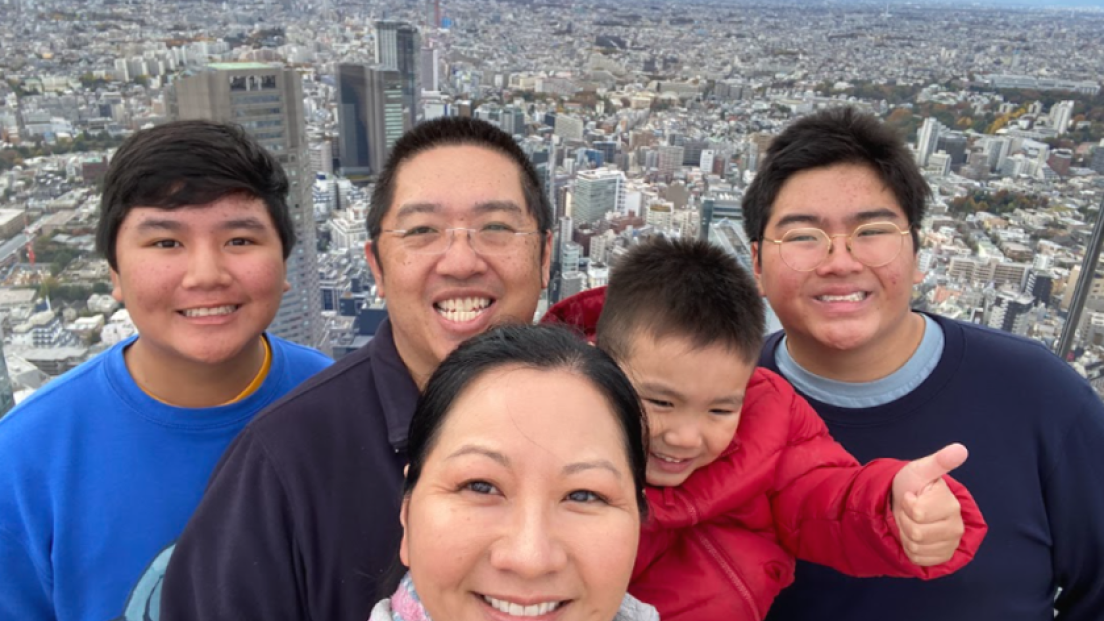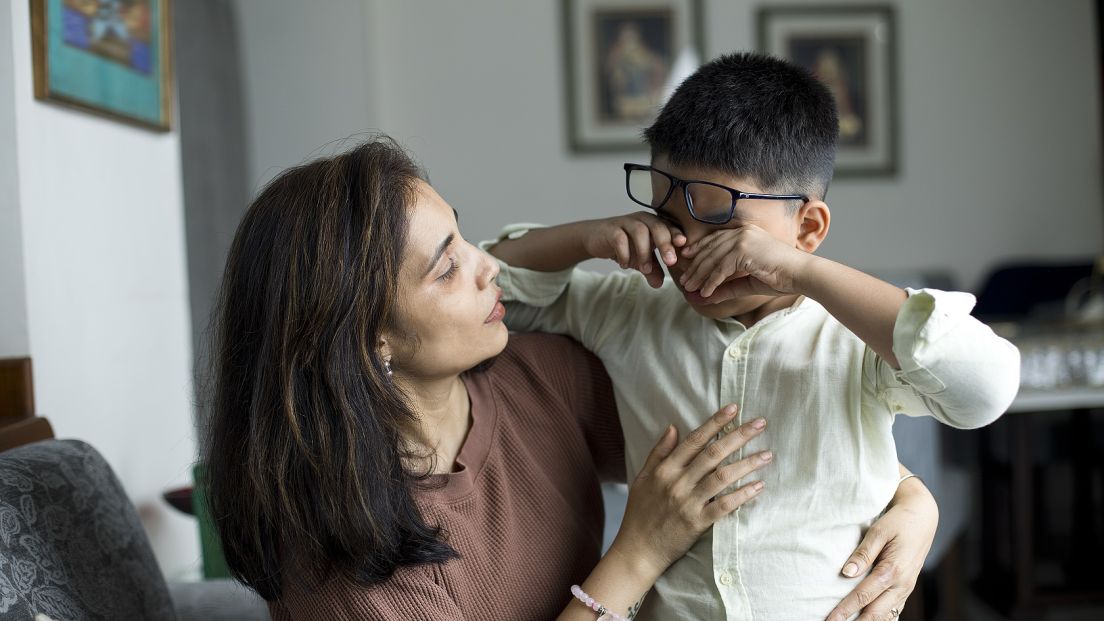Proper support and understanding can make a huge difference in one’s life. With that in mind, we’ve curated a selection of seven books for adults about autism and neurodiversity. These helpful reads can help you learn about the unique challenges and strengths of neurodivergent individuals. They provide invaluable advice, practical suggestions and wisdom from lived experience to help you better understand the Autistic and neurodiverse world.
Out of the Box - Madonna King and Rebecca Sparrow
Authors Madonna King and Rebecca Sparrow interviewed about 2,000 Australians to create a book of helpful tips for educators, caregivers and parents of neurodivergent children. It discusses diagnosis, friendships, bullying, the teen years, driving, living independently and more.
The book contains a glossary of terms and up-to-date information on language and neurodivergence. The practical help and quotes and stories from individuals and parents/carers is engaging and impactful.
Different, not Less – Chloé Hayden
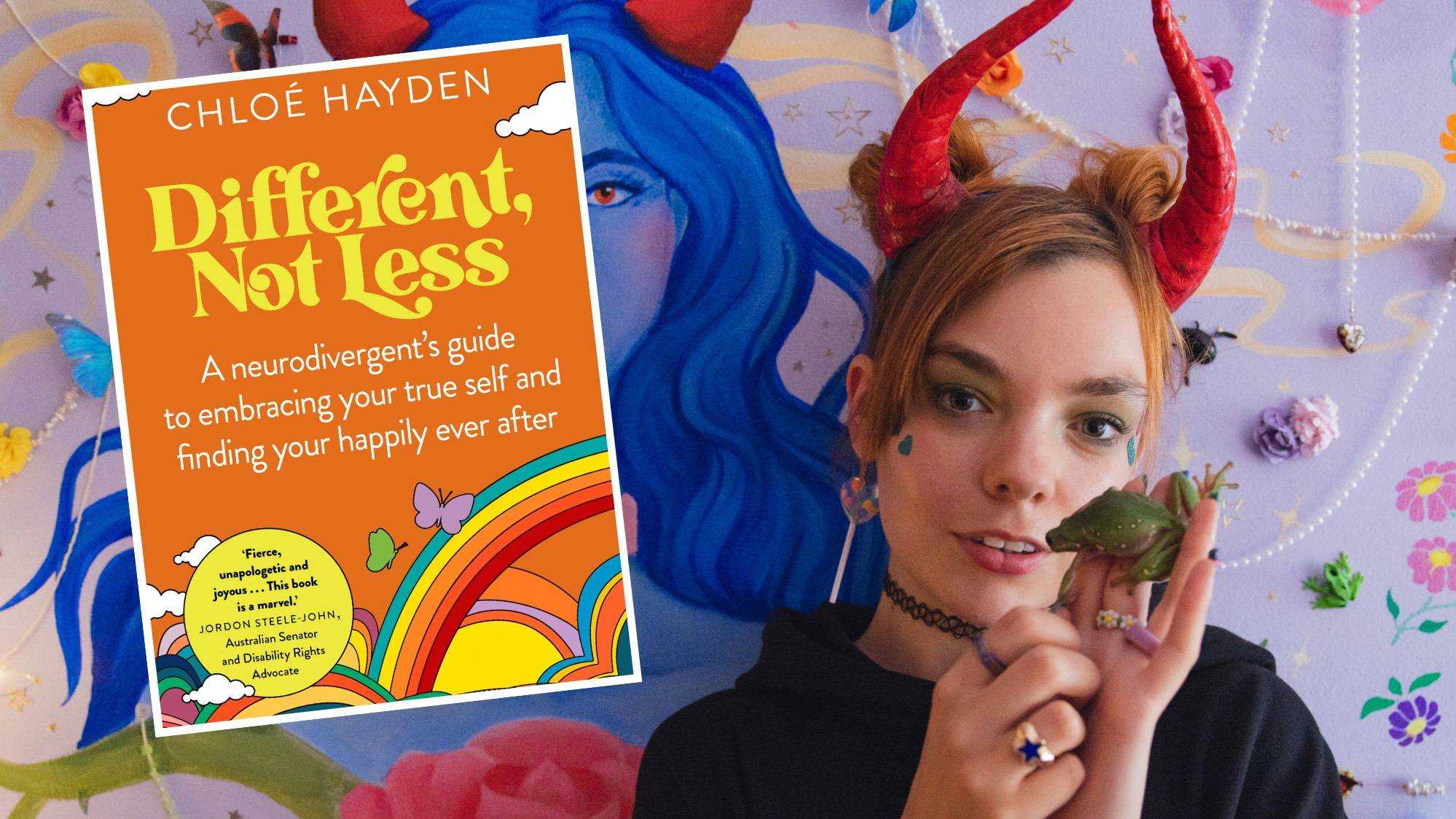
An empowering and lived-experience guide to celebrating and supporting neurodivergence from 24-year-old actor, social media star and Autistic advocate Chloé Hayden.
“Growing up, Chloé felt like she'd crash-landed on an alien planet where nothing made sense. Eye contact? Small talk? And why are you people so touch oriented? She moved between 10 schools in eight years, struggling to become a person she believed society would accept, and was eventually diagnosed Autistic and ADHD. It was only after a life-changing group of allies showed her that different did not mean less that she learned to celebrate her true voice and find her happily ever after.
Different, Not Less is a moving, at times funny story of how it feels to be neurodivergent, as well as a practical guide, with insights on how autism and ADHD present differently in females, advice for living with meltdowns and shutdowns, tips for finding supportive relationships, communities and workplaces and much more.”
Whether you're neurodivergent or supporting those who are, Different, Not Less
will inspire you to create a more inclusive world where everyone feels like they belong.
Late Bloomer: How an Autism Diagnosis Changed My Life – Clem Bastow
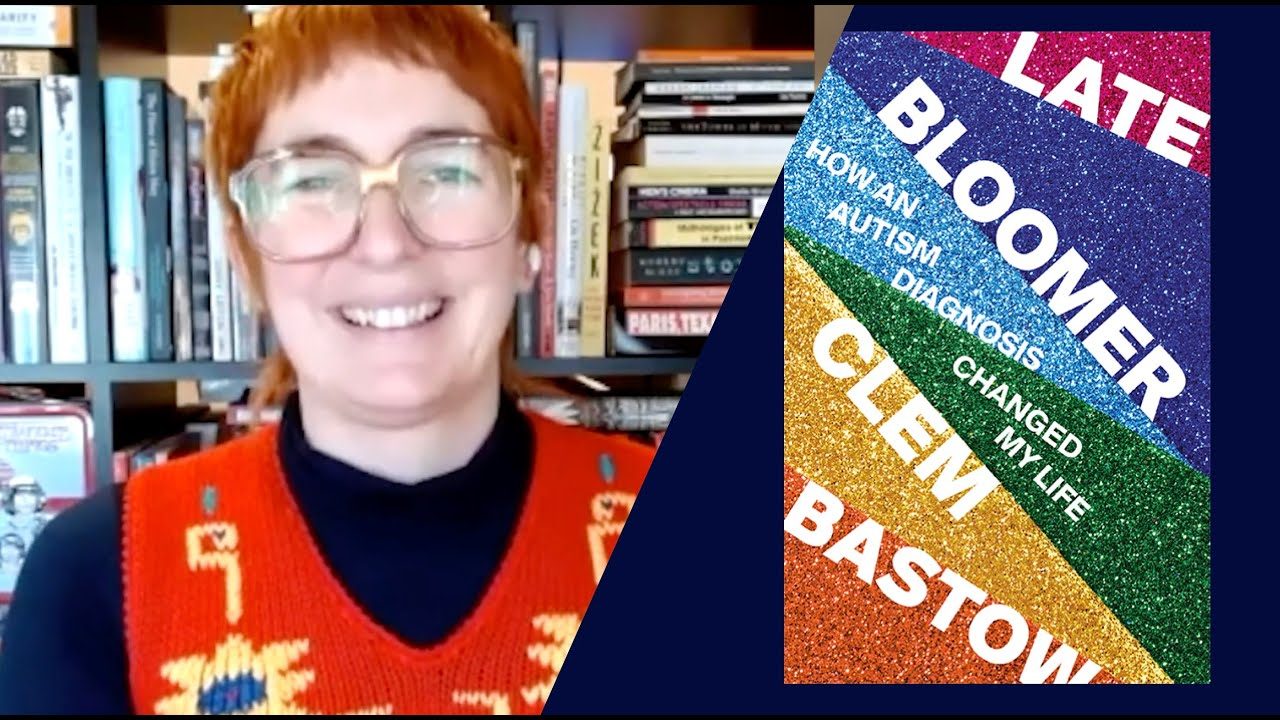
A bold new voice in Australian nonfiction from Clem Bastow, Late Bloomer, is a heartfelt coming-of-age memoir that will change the way you think about autism.
“Clem Bastow grew up feeling like she’d missed a key memo on human behaviour. She found the unspoken rules of social engagement confusing, arbitrary and stressful. Friendships were hard, relationships harder, and the office was a fluorescent-lit nightmare of anxiety. It wasn’t until Clem was diagnosed as Autistic, at age 36, that things clicked into focus.
With wit and warmth, Clem reflects as an Autistic adult on her formative experiences as an undiagnosed young person, from the asphalt playground of St Joseph's Primary School in Melbourne, to working as an entertainment journalist in Hollywood. Along the way she challenges the broader cultural implications and ideas around autism, especially for women and gender-diverse people. Deconstructing the misconceptions and celebrating the realities of Autistic experience, Late Bloomer, is as heart breaking as it is hilarious, and will stay with you long after the reading.”
Uniquely Human: A Different Way of Seeing Autism – Barry M. Prizant with Tom Fields-Meyer
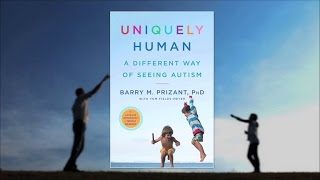
Autism is a different way of being human. By understanding Autistic behaviours as strategies to cope with a world that feels chaotic and overwhelming, Barry Prizant seeks to enhance abilities, teach new skills, help individuals build on their strengths and develop coping strategies to achieve a better quality of life.
Revised and updated with new material on identity and intersectionality and a chapter on Autistic advocacy, Uniquely Human offers a compassionate and insightful perspective that could be life-changing. With a wealth of inspiring stories and practical advice from thousands of Autistic people and their families this is a ground-breaking book by one of the world's leading experts - essential reading for anyone who cares for people on the autism spectrum.
The Reason I Jump: The Inner Voice of a Thirteen-year-old Boy with Autism – Naoki Higashida
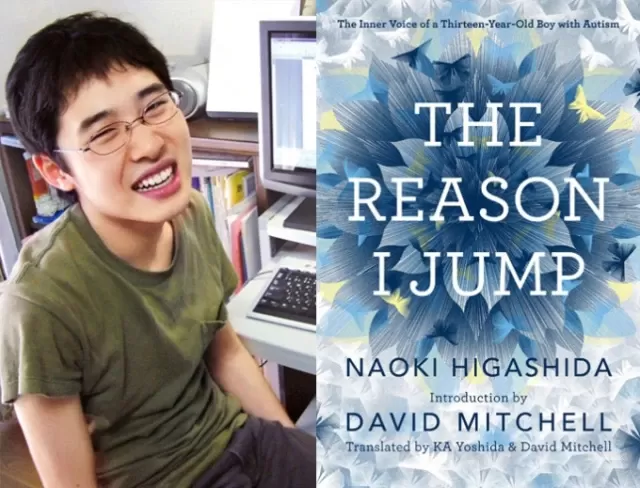
Written by Naoki Higashida when he was only thirteen, this remarkable book provides rare insight into the behaviour of children on the autism spectrum. Using a question and answer format, Naoki explains things like why he talks loudly or repeats the same questions, what causes him to have panic attacks, and why he likes to jump. He shows the way he thinks and feels about his world - other people, nature, time and beauty, and himself. Proving that Autistic people possess imagination, humour and empathy, he makes clear how they need compassion, patience and understanding.
David Mitchell and Keiko Yoshida have translated Naoki's book to help others and generally illuminate a little-understood condition. It gives an exceptional chance to enter the mind of another and see the world from a fascinating perspective.
Divergent Mind: Thriving in a World that Wasn’t Designed For You – Jenara Nerenberg
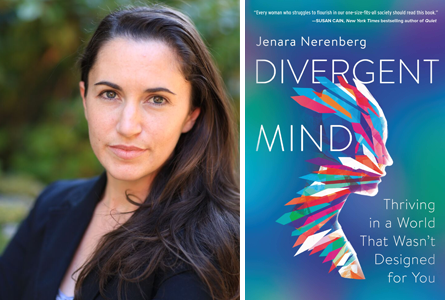
A successful Harvard and Berkeley-educated writer, entrepreneur, and mother, Jenara Nerenberg was shocked to discover that her “symptoms” only ever labelled as anxiety were considered Autistic and ADHD.
Sensory processing differences for women are often overlooked, masked, or mistaken for something else. Between a flawed system focused on diagnosing younger, male populations, and that girls are conditioned from a young age to blend in, women often don’t learn about their neurological differences until they are adults, if at all.
Divergent Mind is a long-overdue answer for women who feel they are “different.” Sharing real stories from women Nerenberg explores how these brain variances present differently in women and dispels widely-held misconceptions. Nerenberg offers a path forward, describing practical changes in communication, design and support for divergent minds.
Autism in heels: The Untold Story of a Female Life on the Spectrum – Jennifer Cook O’Toole
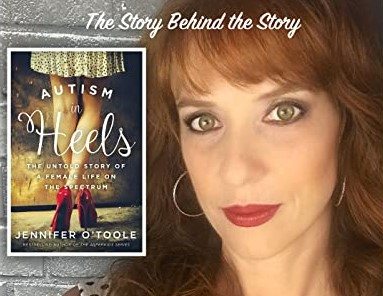
“The face of autism is changing. And more often than we realize, that face is wearing lipstick.
Autism in Heels, an intimate memoir, reveals the woman inside one of autism’s most prominent figures, Jennifer O'Toole. At the age of 35, Jennifer was diagnosed with autism, and for the first time in her life, things made sense. Now, Jennifer exposes the constant struggle between carefully crafted persona and authentic existence. Her journey is one of reverse-self-discovery.
Beyond being a memoir, Autism in Heels, is a love letter to all women. It’s a conversation starter. A game changer. And a first hand account of what it is to walk in Jennifer's shoes.
Because autism "looks a bit different in pink," most girls and women who fit the profile are not identified, facing years of avoidable anxiety, eating disorders, volatile relationships, self-harm, and stunted independence. Jennifer has been there. Autism in Heels takes that message to the mainstream.”


